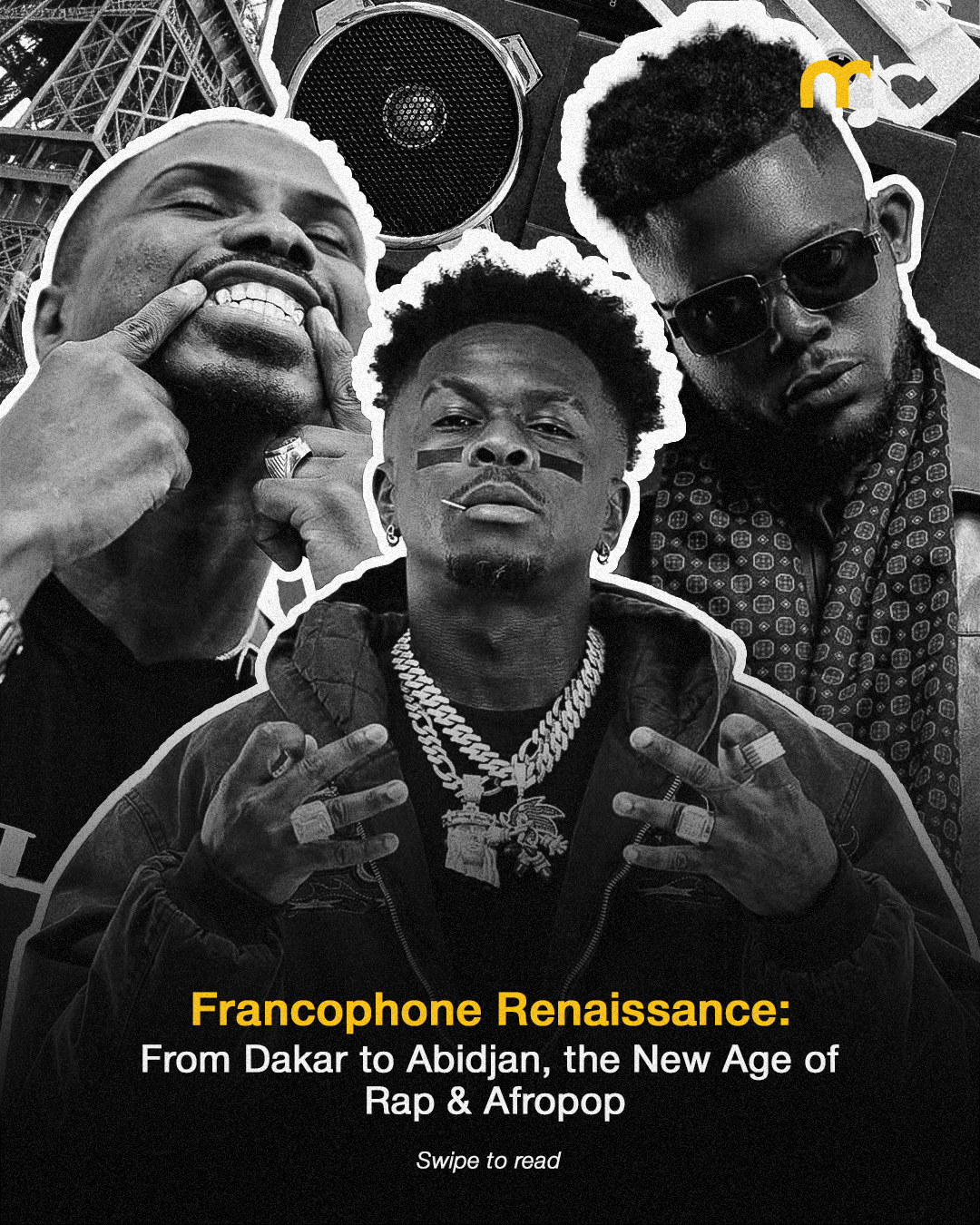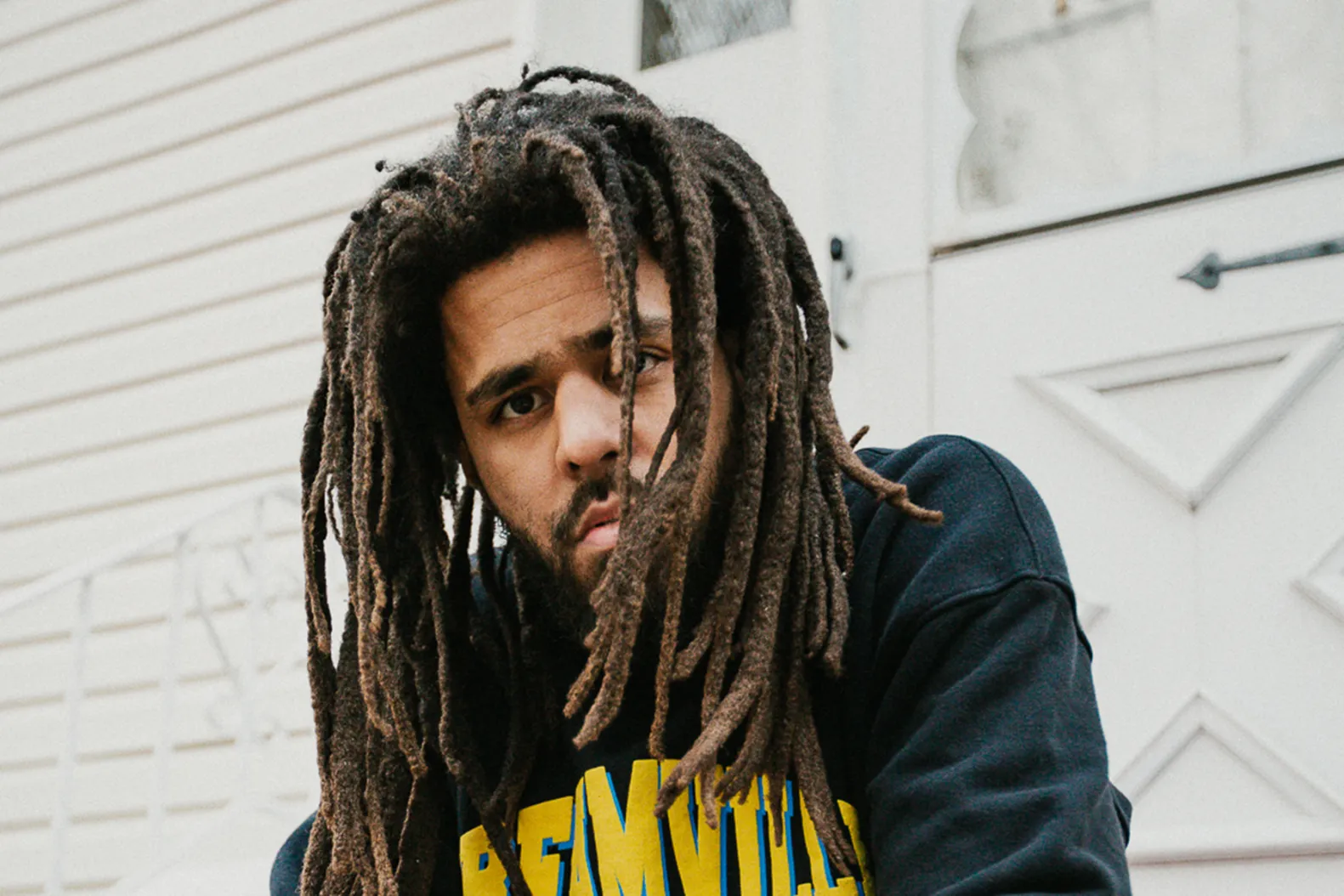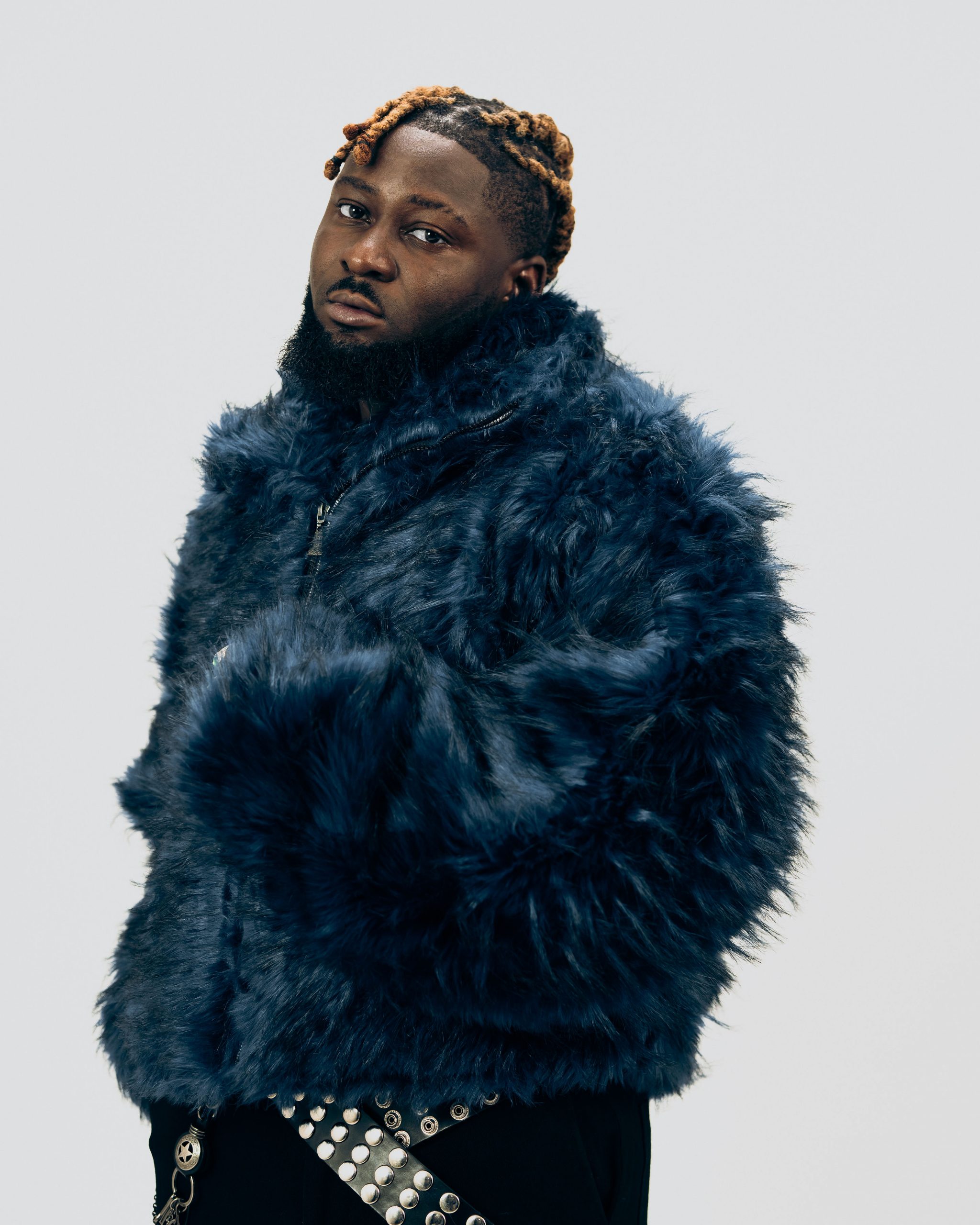At Music Custodian, we’re tuning our ears to new frequencies. As part of a fresh editorial wave, we’re stepping beyond the familiar rhythms of Afrobeats to explore the vibrant, genre-blending soundscapes flourishing across West Africa — with a spotlight on the often-overlooked Francophone regions.
From Dakar to Abidjan, a quiet renaissance is reshaping the sonic identity of cities rich in history, culture, and resilience. This isn’t just music — it’s a movement. We’re diving deep into the voices redefining urban music across borders, from gritty street rap to Afro-fusion experiments that blur tradition and trend.
Cameroon’s legacy is a case in point: where legends once made makossa and bikutsi resonate globally, a new generation is now emerging — fiercely independent, multilingual, and digitally native. These artists defy convention, using French, English, and indigenous tongues to craft narratives that are as layered as the 250 ethnic identities they represent. They face resistance — from gatekeepers, from global bias, from homegrown skepticism — yet their sound travels, evolves, and endures.
This feature is our lens into that transformation — a journey through beats, bars, and borders, as we explore who’s making waves in the Francophone scene, and how they’re bridging the cultural divide with every drop.
We hope you enjoy the read, discover something new, and gain a deeper appreciation for the rhythms reshaping the sound of West and Central Africa.
Didi B: The Crown Jewel of Rap Ivoire
As we expand our editorial lens beyond the familiar terrain of Afrobeats, we step into the rich, rhythmic territories of Francophone West Africa — a region pulsing with raw creativity, local pride, and genre-defying soundscapes. And at the forefront of this cultural renaissance is none other than Didi B — a name that echoes through Abidjan’s streets, reverberates in packed Parisian arenas, and now rings out across the continent.
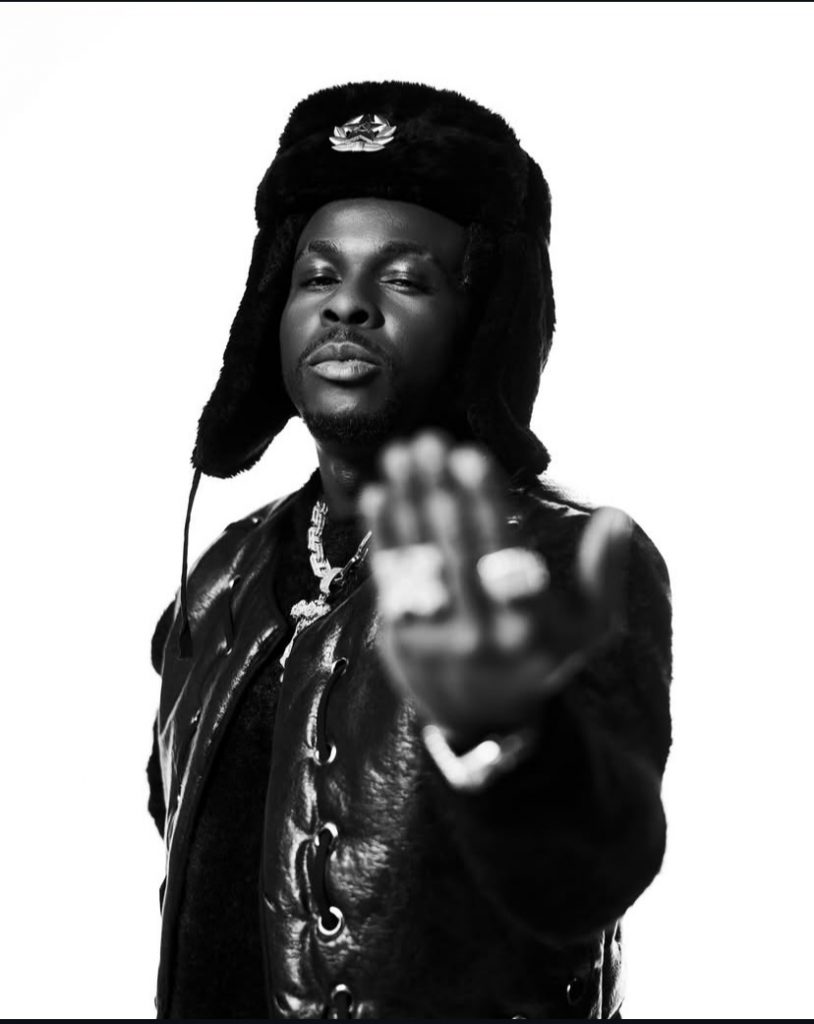
Born Bassa Zérehoué Diyilem into a family steeped in artistic tradition — a pianist-producer father and a choreographer mother — Didi B’s path toward music was more fate than chance. From his early days with the iconic Ivorian group Kiff No Beat to becoming a defining voice in Rap Ivoire (a homegrown fusion of drill, trap, and Ivorian Creole lyricism), Didi B has crafted a sound that’s uniquely Ivorian, yet universally resonant.
Since launching his solo career in 2019 with the breakout single “Assinie”, Didi B has evolved into a force of nature. His 2022 album History marked a refined turn in both sound and vision — merging mainstream appeal with cultural authenticity. His signature style — rhythmic drill flows softened by R&B undertones — has turned tracks like “W.D” into instant earworms. At the same time, his voice speaks directly to the youth navigating identity, struggle, and joy in the Ivorian experience.
The numbers speak volumes. Didi B is listed among YouTube’s top 200 most listened-to African artists. He earned Disque d’Or certification in July 2023, co-produced the acclaimed Mojo Trône with French rap legend Booba’s label 92i, and has gone on to headline sold-out shows at Paris’s legendary Olympia. His audience? A cross-continental generation that sees itself reflected in his words — raw, real, and rhythmic.
In April 2025, Didi B dropped his ambitious double album, DIYILEM & BAZARHOFF: GENIUS — a bold artistic statement that captures the duality of his identity. DIYILEM (“I am here” in Nouchi) represents his steady ascent and self-assertion in the French-speaking rap landscape, while BAZARHOFF offers an untamed, creative explosion of sounds.
But Didi B isn’t just chasing local glory — he’s chasing history. On May 3, 2025, he made an audacious leap by planning a show at Félix Houphouët-Boigny Stadium in Abidjan — a concert he promised would be unlike anything seen before in Ivorian urban music. “This is one of my biggest dreams,” he declared, his eyes already set on global stages and even the Grammy Awards.
While firmly rooted in Côte d’Ivoire’s vibrant musical soil, Didi B is deeply inspired by Anglophone African music — a testament to his pan-African vision. “I love their music, their mentality, their way of growing in music; it’s an example for me,” he reflects, acknowledging the bridges he’s building between two African cultural spheres often seen as separate.
His latest single, “C’est Ton Jour”, filmed at the iconic Majestic Ivoire cinema, is a spirited ode to Ivorian youth and a celebration of life — yet another chapter in a discography that mirrors the heartbeat of a nation.
As we spotlight Francophone Africa’s rising stars, Didi B stands as both a pioneer and a symbol of what happens when tradition meets innovation, and when local voices echo far beyond their borders.


TENOR: Cameroon’s Street Prophet Reshaping Francophone Rap
Tucked between lush landscapes and linguistic crossroads, Cameroon pulses with a sound all its own — a place where rhythm is rebellion and music is stitched into the soul of everyday life. With over 250 ethnic groups shaping its identity, the country boasts a sonic landscape as diverse and complex as its languages. Here, genre lines blur, cultural roots run deep, and voices like TENOR rise boldly — crafting a radical, unfiltered narrative through beats that echo far beyond the borders.
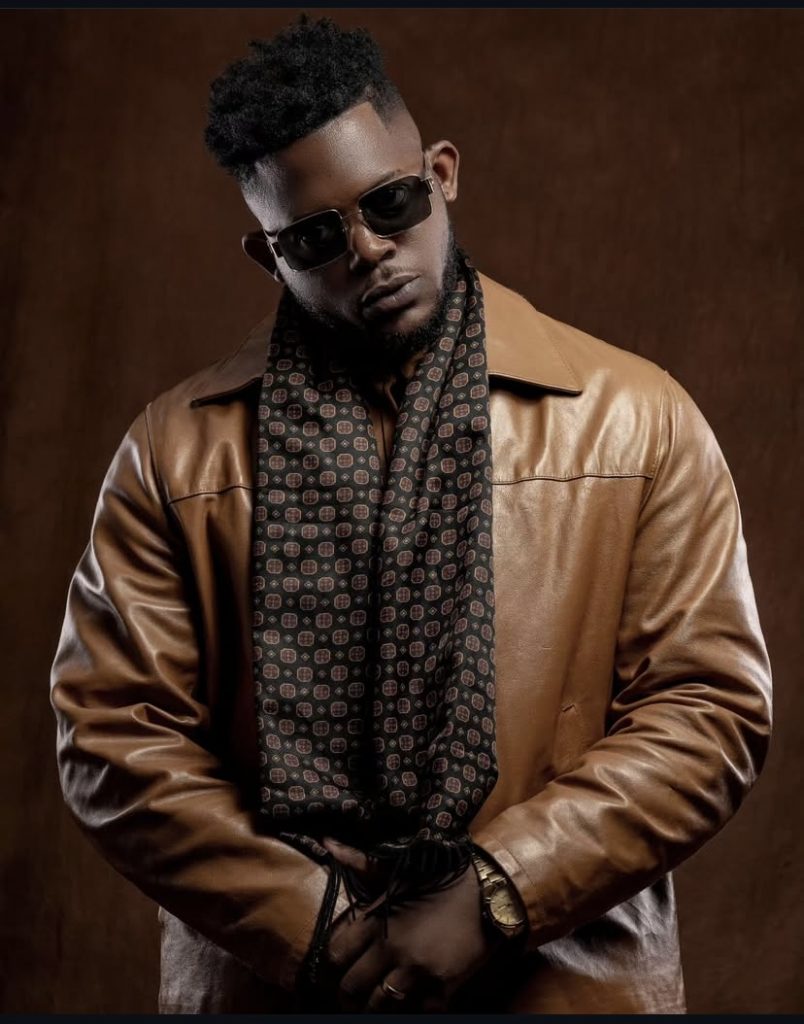
Born Mengoumou Ayia Thierry on February 11, in the town of Mengang, TENOR embodies the new generation of Cameroonian artists who are rewriting the rules of rap and identity. From the moment he began penning lyrics at just seven years old, it was clear his artistry wasn’t simply a product of talent — it was born from vision, from curiosity, and from a fierce desire to represent his reality, in his own words.
While formal music training at the Academy of Mus’Art EUTHERPE laid an early foundation, it was the studios, not classrooms, that truly called to him. His breakout moment came under Laroche Entertainment, where his first single, “Maman” — a touching tribute to his mother — introduced his emotional range and ability to fuse personal narratives with broader social resonance.
But TENOR didn’t stop there. His creative energy caught fire with freestyles like “Camerounais”, and buzz tracks like “Dorobucci” and “#TEDLN (Tu Es Dans Le Ndem)” — a phrase deeply rooted in Cameroonian street slang, representing someone caught in adversity. In TENOR’s hands, such expressions became hooks that rallied an entire generation navigating a changing cultural landscape.
In 2016, he lit up dance floors and airwaves with “Do Le Dab”, a runaway hit that not only dominated VRJMusic’s Top 50 but became a cultural moment — one where the youth found rhythm, rebellion, and representation in one explosive track. The following year, at just 19 years old, TENOR made history by becoming the first Central African artist to sign with Universal Music Africa — a landmark deal that signaled Cameroon’s rising influence in the broader Francophone music conversation.
TENOR stands out not just for his flow but for breaking all boundaries. From powerful political bars to club bangers and soulful reflections, his music captures Cameroon’s diverse spirit. He gives voice to the streets and youth, turning slang and struggle into anthems that resonate worldwide.
Behind the scenes, he’s worked with some of the scene’s most respected names — from DJ Saïzo and Stanley Enow to legendary video director Shamak Allharamadji — and has graced stages from local showcases like FOMARIC and YAFE, to major international spotlights, proving his stage presence is as commanding as his pen.
As Cameroon stands poised to assert its sonic identity on a global scale, TENOR is both its narrator and its symbol — daring, dynamic, and deeply rooted. In a region where French-speaking voices are often overshadowed in the wider African pop narrative, artists like TENOR are not just emerging — they’re erupting, unfiltered and unafraid.
Dip Doundou Guiss: Senegal’s Hip-Hop Artisan
When it comes to Francophone West Africa’s evolving hip-hop landscape, Senegal stands tall as one of its most historically rich and sonically fearless contributors. Long before global algorithms discovered Dakar’s lyrical heat, artists were using beats and bars to speak truth, rally movements, and celebrate resilience. At the forefront of this new wave is Dip Doundou Guiss — a Dakar-born storyteller whose voice cuts deep, blending the grit of the streets with the poetry of purpose.
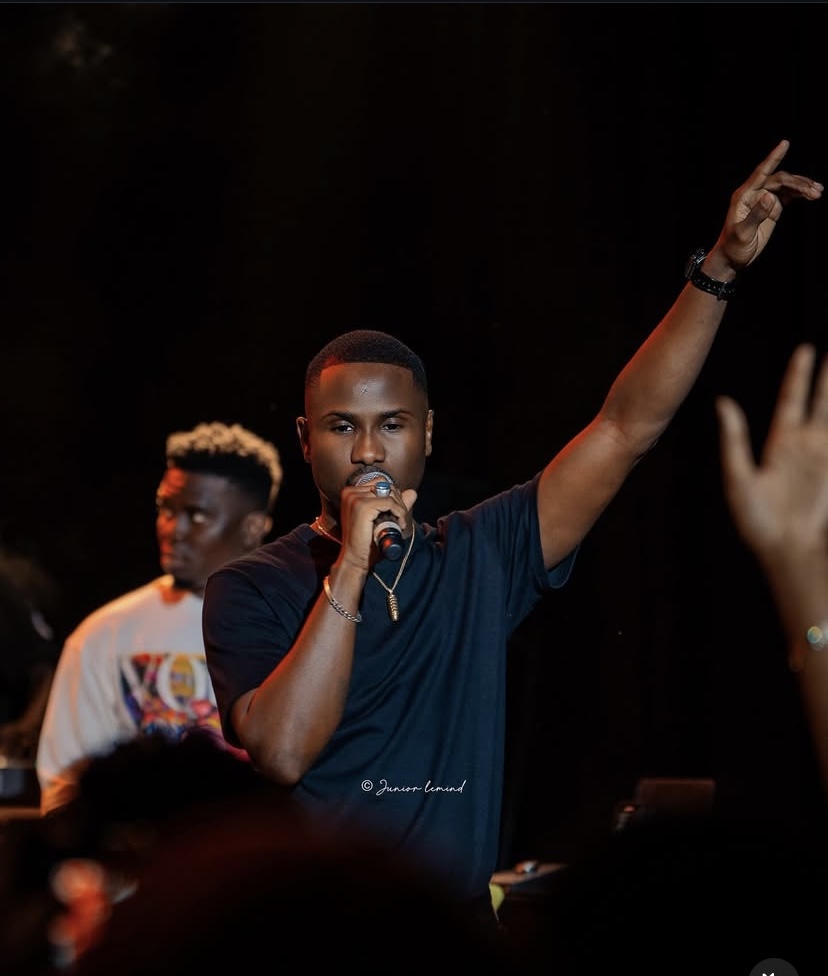
Known offstage as Dominique Preira, DIP is more than just a rapper — he’s a cultural force. His name, a clever nod to both his initials and the word “deep,” captures everything about his approach to music: introspective, unfiltered, and grounded in experience. From early influences like Positive Black Soul and Daara J, to the raw energy of global icons like DMX and T.I., DIP has cultivated a sound that’s distinctly Senegalese but globally resonant.
What sets DIP apart in a crowded rap arena isn’t just his sharp wordplay or genre-fluid flow — it’s his unapologetic honesty. In tracks like “Musiba”, he weaves between Wolof, French, and occasional touches of English, drawing listeners into a world where global references meet local realities. One moment, he’s referencing 2Pac and Biggie, the next, he’s laying bare the weight of post-colonial trauma or calling out social injustices with piercing clarity. His pen doesn’t just entertain — it educates, provokes, and uplifts.
DIP’s rise hasn’t gone unnoticed. In 2021, he earned a nomination at the MTV Africa Music Awards for Best Francophone Artist, solidifying his place not just as a national voice, but as a continental one. Yet despite the accolades, he remains rooted — his lyrics a mirror to the everyday struggles and triumphs of Senegal’s youth, and a celebration of the African diaspora’s unyielding spirit.
From “Moody” to “Yaay”, “Bad Man” to “Wakhal”, DIP’s catalogue is a masterclass in emotional range and stylistic versatility. Whether he’s performing at festivals across Senegal or collaborating with artists like Ndongo D, Awadi, Locko, and Lefa, he brings the same intensity and authenticity to every verse. He’s not just rapping for recognition — he’s rapping for remembrance, resistance, and real change.


In a region where hip-hop is more than music — it’s a movement — Dip Doundou Guiss has emerged as a rare voice of substance, bridging tradition with trap, politics with poetry, and the local with the global. Through sound, he’s archiving the stories mainstream narratives often ignore. And through his rise, he’s showing that Senegalese rap doesn’t need translation to hit hard — it just needs to be heard.
At Music Custodian, our mission is to chronicle the pulse of the continent — not just the chart-toppers, but the changemakers. This journey through Francophone West Africa is just the beginning.
As we continue to explore the evolving textures of African music, stay tuned for more reflections, revelations, and rhythm-driven discoveries — especially from those artists and communities whose contributions deserve the spotlight. The Renaissance is here — and it’s only just getting louder.
While we are at it, you can listen to our African Music Legends playlist here.


